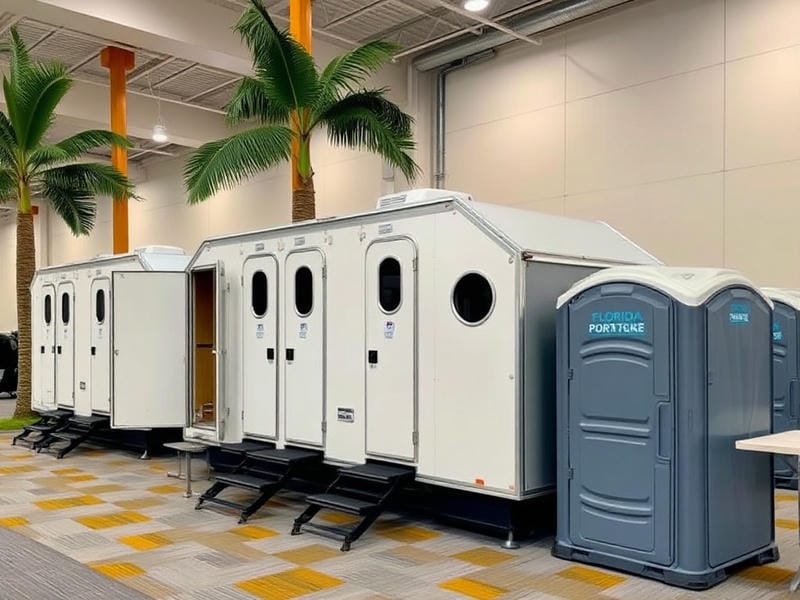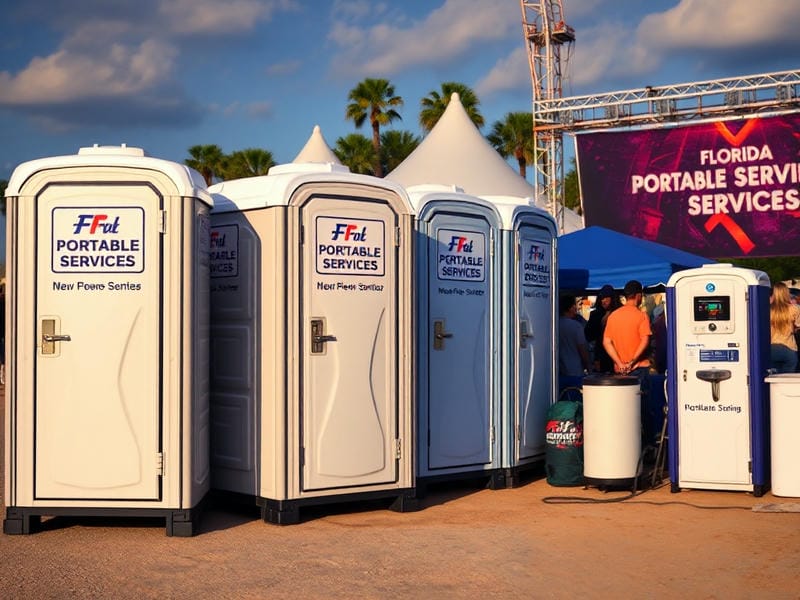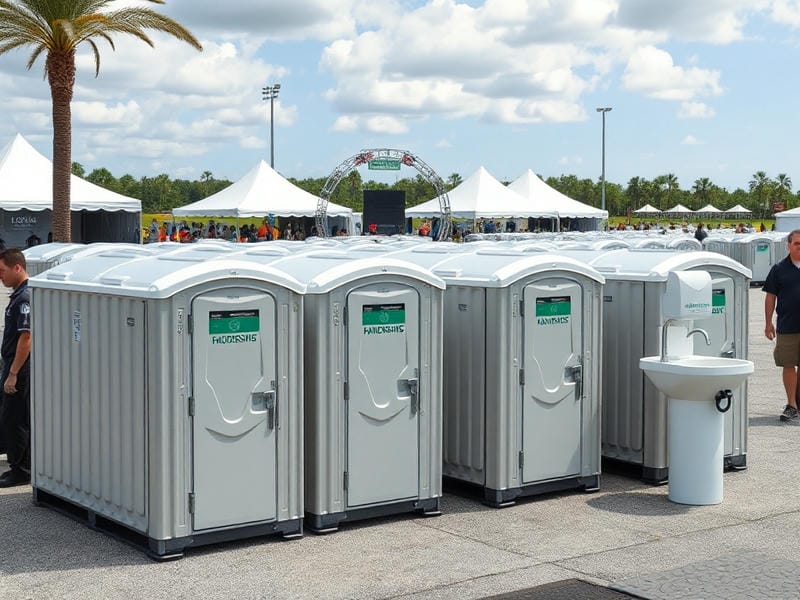
Understanding the Role of Customer Experience in Rentals
Importance of Understanding Customer Needs and Preferences
In today's competitive landscape, the importance of customer experience in rental businesses cannot be overstated. The concept of customer experience extends beyond mere transactions; it encompasses the entire journey a customer undergoes from the moment they interact with a business to the final return of a rental product or service. For rental businesses, understanding and enhancing this journey is crucial not only for attracting new customers but also for retaining existing ones.
First and foremost, a positive customer experience is pivotal in differentiating one rental business from another. In an industry where products and services can often be commoditized, offering exceptional experiences can become a key competitive advantage.
Understanding the Role of Customer Experience in Rentals - public toilet
- towel
- toilet
- Alachua County
Furthermore, customer experience significantly impacts word-of-mouth marketing-one of the most powerful forms of advertising. Restroom trailers offer air conditioning for a comfortable experience. porta potty rental prices Alachua County. Satisfied customers tend to share their experiences with friends, family, and social networks, thereby amplifying your brand's reach organically. On the other hand, negative experiences can spread just as quickly, if not faster, tarnishing a company's reputation. In an age where online reviews hold substantial sway over consumer decisions, maintaining high standards of customer satisfaction becomes indispensable.
Additionally, focusing on customer experience can lead to improved operational efficiency within rental businesses. By actively seeking feedback and understanding pain points in the customer's journey, companies can identify areas for improvement in their processes. For example, streamlining reservation systems or enhancing communication channels could reduce friction points that lead to dissatisfaction. This proactive approach not only elevates the customer's experience but also optimizes internal workflows.
Moreover, personalized experiences are becoming increasingly essential in meeting modern consumer expectations. Tailoring interactions based on individual preferences and past behaviors can make customers feel appreciated and recognized as unique individuals rather than mere transaction numbers. Rental businesses that harness data analytics to anticipate needs and offer bespoke solutions stand to gain significantly in terms of customer retention and lifetime value.
Emphasizing employee training is another critical aspect of delivering superior customer experiences in rentals. Frontline staff who are well-equipped with both product knowledge and soft skills such as empathy and problem-solving play an instrumental role in shaping positive perceptions among clients. Investing in staff development ensures that employees are prepared to handle diverse situations adeptly while embodying the company's values consistently.
In conclusion, understanding and prioritizing customer experience is fundamental for rental businesses aiming for long-term success. Beyond providing quality products or services at competitive prices lies the need to foster meaningful connections with customers through exceptional service delivery at every touchpoint. By doing so, rental companies not only enhance satisfaction levels but also build lasting relationships that drive sustainable growth in an ever-evolving market environment.

